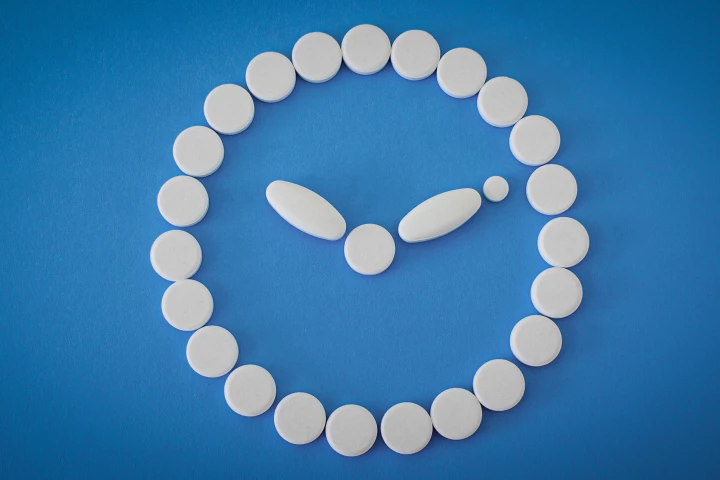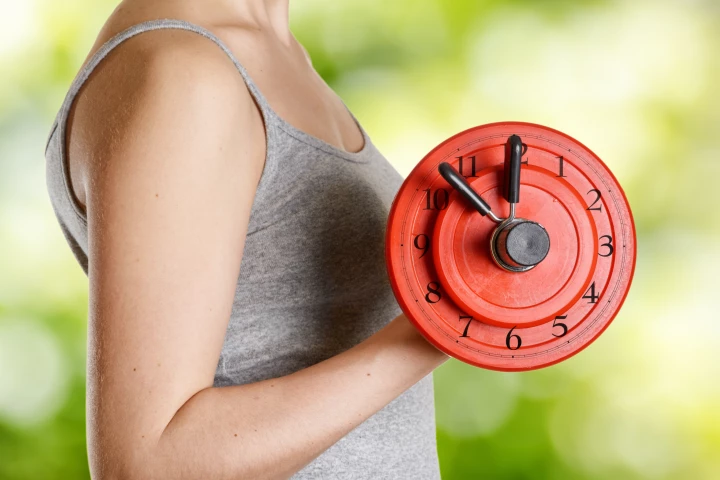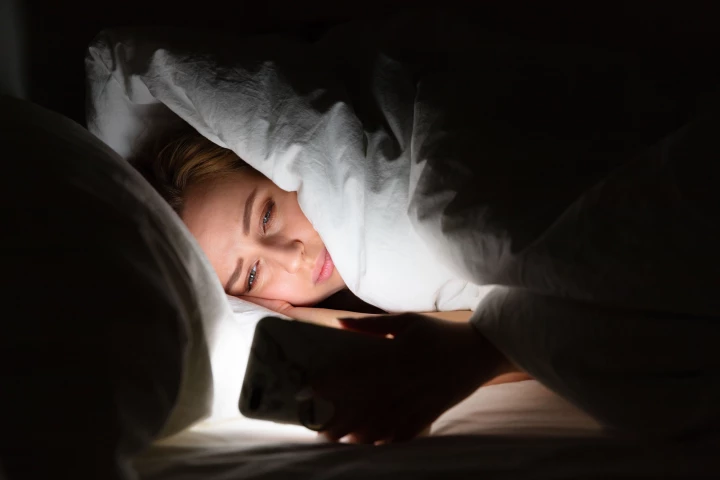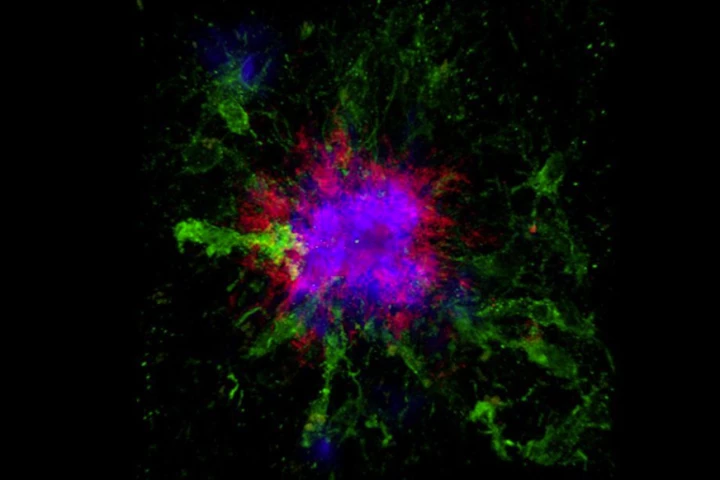Circadian Rhythms
-
Whether it's reading a book or putting on music, many of us have some kind of ritual – small or large – that we do to "wind down" in bed. But it can be hard to gauge how good or bad these activities are. Now for one popular pastime, we know more.
-
A new study turned up a surprising effect of having caffeine with a sweetener. For some java drinkers, it could be a way to get more out of the beverage. For others, though, it might be best to skip the sugar, especially at night.
-
In a massive study of 85,000 people, tracking 13 million hours, scientists at Flinders University have found that night-time exposure to light increases the risk of developing type 2 diabetes, independent of daytime activities.
-
Early birds and night owls should take blood pressure medication at different times of the day to minimize their risk of a heart attack, according to a new study that looked at whether our internal clock affected medication effectiveness.
-
Researchers have designed and tested ‘human-centric’ LEDs that emit different wavelengths of blue light depending on whether it’s daytime or nighttime, reducing the disruptive effect artificial light has on our biological clock.
-
There is a growing body of evidence that points to night shift work being extremely bad for our health. But scientists believe some big, hairy "extreme shift workers" may hold the cellular secrets to staying healthy amid circadian rhythm disruptions.
-
For the first time, scientists have found how our internal body clocks that govern the brain and skeletal system sync up, and upsetting this balance might contribute to injury and accelerate age-related bone and joint decline and disease.
-
Desynchronizing the circadian rhythm in rats had a significant impact on appetite and feeding behavior, a study has found. The findings have important implications for night shift workers and those suffering jet lag and chronic sleep disturbances.
-
A study has found that nighttime exposure to light increases the risk of mental illness, while daytime light exposure reduces it. The findings offer a simple and effective, non-pharmacological means of improving mental health.
-
Six million Americans are living with Alzheimer’s disease, and with it comes the physical behaviors that are responsible for 80% of nursing home admissions. Researchers believe fasting set to circadian rhythms could alleviate these awful side effects.
-
For many, Monday means the weekend's over and it's back to work. Now, there's something else to worry about. Research has found that the most life-threatening type of heart attack is more likely to occur on a Monday than any other day of the week.
-
Are you on any kind of daily medication? Do you take those drugs in the morning or the evening? According to an emerging body of research, the time of day you take a medication may influence how well it works, or how much it harms.
Load More











